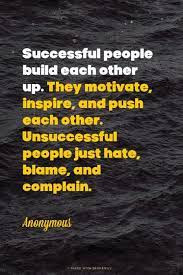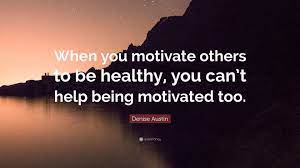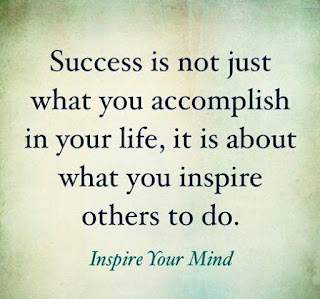Unexpected bad times are bound to happen. We all do what we can to avoid trouble but sometimes we still stumble upon
trouble, or even worse, trouble finds us. Problems will at times happen despite our best
intentions. Other times, our own imperfections and areas of weakness and inexperience end up haunting us as we sometimes have to pay for our mistakes. Or
sometimes we just screw up and just make a bad decision by doing or saying the wrong thing at the wrong time. This can feel even worse when we know tht what went wrong was our own fault and when we knew
better but still stumbled. Sometimes we fail the test, we break the
relationship, we wreck the car, we lose the race, we disappoint the boss, etc. Again,
this is life's reality whether we personally accept it or not.
The important thing to draw out of this sad and scary
reality is that: Whatever the situation is, we can cope. We are
survivors. We are resilient and ready. However, what can we do if at first, we
feel overwhelmed? What if during the initial shock of facing adversity, we feel
like we cannot fully yet carry on and move forward?
Obviously, if there is ever a safety issue and if anyone ever becomes a potential danger to oneself of others that is a different story needing immediate safety and professional intervention. However, if things are not at crisis level but still, we feel like we cannot yet move forward what can we do?
Here is one suggestion: One way to start to cope in these challenging situations where we feel stuck, is to accept and implement a “Groaning Period”
A Groaning Period is a coping skill specifically for these
types of situations. A groaning period is a brief, predetermined period where we
allow ourselves to mope and we allow ourselves to temporarily quit, and we give
ourselves permission to sulk in self-pity. Importantly, however, the understanding
behind this concept is that once the groaning period is over, we will immediately
get back on our feet and keep moving forward. The groaning period must have
a definitive end point where we contract with ourselves ahead of time a specific time when to immediately
stop the self-pity and get up and get going again, full strength in a positive and
productive manner
Note: A groaning period is NOT an excuse for relapse,
substance misuse, self-harm, acting out emotionally or engaging in other
harmful behaviors
Here is a sample statement how an example
groaning period could play out:
“I got fired in spite of my best intentions.
I’m crushed, disappointed, hurt and angry. I am going to enter a groaning
period of three days. This Friday, Saturday and Sunday I am going to just sit
around, sleep, and sulk watch movies and eat ice cream in my pajamas. However,
when Monday comes its back to the drawing board, and I am going to wake up
early to start a new job search ASAP as I cannot afford to continue to wallow in
self-pity. I know that I am resilient, and I will get over this and new opportunities
await me if I go out and grab them"
Questions for group:
Have you ever had a situation where you either tried
or could have used a groaning period?
What are some rules for an effective groaning
period (for example a groaning period should not be an excuse to get high or
drunk or engage in other negative habits)?
A groaning period may not be the first choice
in a tough situation but when it feels like there is no other plan how can this
be an effective tool? For you personally: How can you motivate yourself to keep
going in spite of occasional setbacks or adversity?













